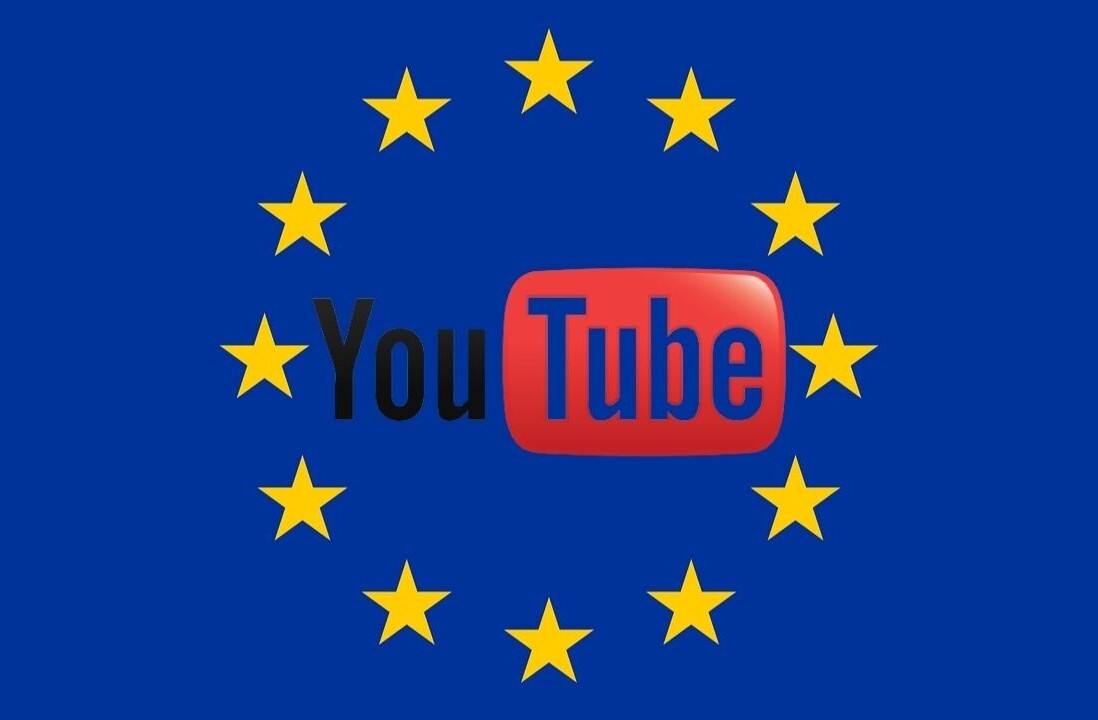
“For the most part, people who are uploading videos are fans of our movies. They’re not trying to be evil pirates, and they’re not trying to get revenue from it.”
There you go! See? It isn’t that hard to say goodbye to that negative “the digital revolution is gonna kill us” attitude. The man who said the above words to The New York Times really gets it: Curt Marvis, the president of digital media at Lionsgate Entertainment. His company doesn’t remove illegal YouTube movies, but prefers to profit from it. YouTube offers them the possibility to profit from the advertisements on the video page and shows a little banner, saying Lionsgate Entertainment owns the movie.
Indirect profit
 CBS, Universal Music, Electronic Arts and some other participating companies won’t make millions of dollars from this unconventional advertising program. Since the ads only appear on a fraction of all the YouTube videos and most of them hardly track a hundred views. But it’s not so much about direct profit here, but more about indirect profit.
CBS, Universal Music, Electronic Arts and some other participating companies won’t make millions of dollars from this unconventional advertising program. Since the ads only appear on a fraction of all the YouTube videos and most of them hardly track a hundred views. But it’s not so much about direct profit here, but more about indirect profit.
With the media companies allowing mash-ups of content they own the copyright of, fan subcultures can flourish. Every YouTube user can create his own trailer of his favorite movie or give the storyline a twist. Some become real hits. So while the media companies are making a few pennies from the ads directly, they indirectly boost sales via web hypes.
Not everybody is convinced
Not all of world’s media giants are convinced by YouTube. Time Warner and Murdoch’s News Corporation are willing, since they acknowledge testing the new advertisement model, but still a bit afraid. Disney and NBC Universal prefer to see visitors of illegal movie pages automatically forward to their own videos.
But the worst and most old-fashioned of all is Viacom. They’re still busy lining up the 1 billion dollars copyright infringement case against YouTube. If the company wins, the billion dollars might compensate some of Viacom’s losses on sales. But what about the future? How will they boost sales in five years? They’d better start to get used to the new age and profit from it, just like some of their competitors do.
Get the TNW newsletter
Get the most important tech news in your inbox each week.




